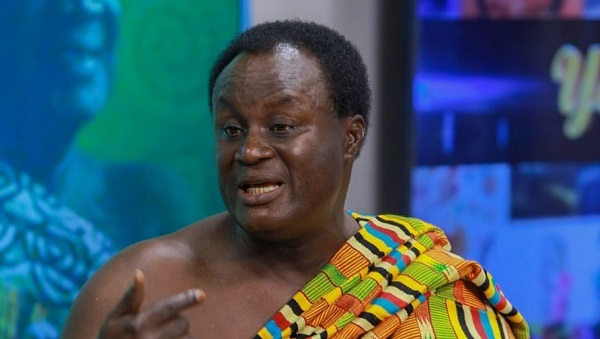- Historian Yaw Anokye Frimpong says Ga-Adangbes played a critical role in Ghana’s independence.
- He argues their political diversity made them influential across multiple movements.
- Key figures include Nii Kwabena Bonnie (1948 boycott), Sergeant Adjetey (ex-servicemen protest), and Naa Dede Ayeetey (financial support for Nkrumah).
- Their actions sparked riots and mass mobilization before Nkrumah’s “Positive Action” campaign.
- Frimpong says Ghana’s independence would not have happened without the Ga-Adangbe.
- The remarks come amid broader debates about Ga cultural recognition in Accra.
Historian and legal practitioner Yaw Anokye Frimpong is challenging the dominant narrative of Ghana’s independence, arguing that the Ga-Adangbe people played a far more pivotal role than history books often acknowledge.
In a recent interview on Max TV, Frimpong highlighted how the Ga-Adangbe community helped shape the independence movement—not just through political activism, but through strategic resistance and grassroots mobilization.
He pointed out that unlike other ethnic groups that aligned with a single political tradition, the Ga-Adangbes were politically diverse and influential across multiple fronts. “Most of the prominent members of the NLM were Gas. They were the backbone of the NLM. They were the ones who could face off with Kwame Nkrumah,” he said.
Frimpong named several key figures whose contributions have been largely overlooked:
- Nii Kwabena Bonnie, the Ga Mantse and merchant, who led the 1948 boycott of European goods in protest of inflated prices. His campaign against the Association of West African Merchants (AWAM) sparked mass mobilization across the Gold Coast.
- Sergeant Francis Adjetey, a World War II veteran, who led a demonstration demanding fair compensation for ex-servicemen. His death, alongside two others, triggered the 1948 Accra riots—widely seen as the tipping point in Ghana’s independence struggle.
- Rebecca Naa Dede Ayeetey, a successful flour merchant who financially supported Kwame Nkrumah’s nationalist movement. Her buses, famously named “Auntie Dede,” became symbols of grassroots support for liberation.
Frimpong argued that these contributions laid the groundwork for Nkrumah’s later “Positive Action” campaign in 1950. “If it were not for the Gas, we would not have attained our independence,” he said.
His remarks come amid renewed debate about cultural representation in Accra, following controversy over the use of non-Ga greetings on public signage. For many, the conversation is not just about language—but about reclaiming historical visibility.
Watch a video of his remarks below:
The Ga history is not told enough cos how am I now knowing this as old as I am. Wow! pic.twitter.com/E6Vkrkv6oh
— 🚘 O W U L A 🧔🏻♂️ (@_owula) August 27, 2025

